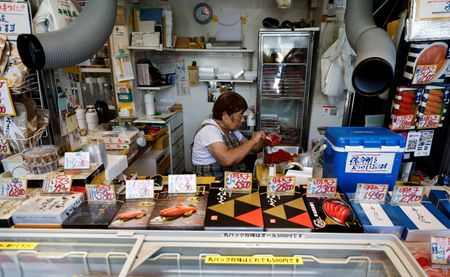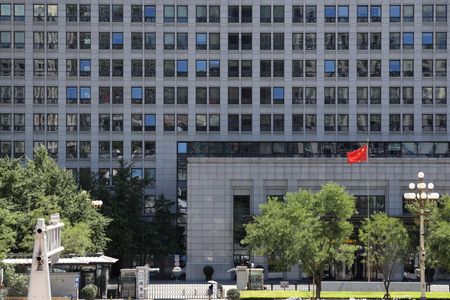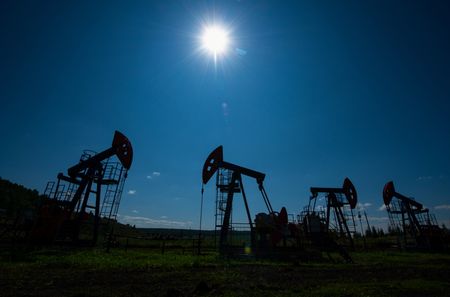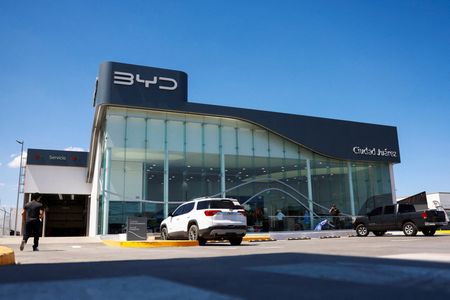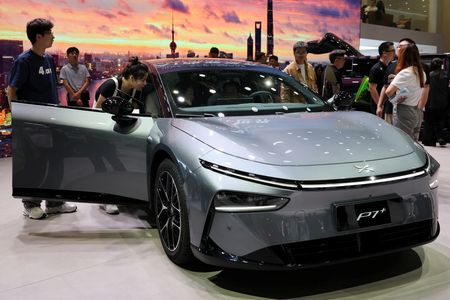TOKYO (Reuters) – Japan’s April core inflation probably rose at its fastest pace in two years on the reduction of energy subsidies and higher food costs, a Reuters poll showed, adding to pressure on the central bank to raise interest rates.
The Bank of Japan is facing the difficult task of deciding when to increase borrowing costs as U.S. President Donald Trump’s sweeping tariffs cast uncertainty on an already fragile economy and the global economic outlook.
The core consumer price index (CPI), which includes oil products but excludes fresh food prices, was expected to have climbed 3.4% in April from a year earlier, a poll of 19 economists showed on Friday. That figure was the highest since April 2023 and compared with 3.2% in March.
“Although the abolition of high school tuition fees from April would be a factor to put cost pressure downward, price revisions for non-perishable food and restaurant services in April will be a factor to drive up inflation,” said an analyst at Mizuho Research & Technologies.
Core inflation has now exceeded the BOJ’s 2% target every month for three years in a row, in a sign of mounting price pressure as companies continue to pass on rising raw material and labour costs.
However, the Japanese economy is already fragile even before factoring in the impact from Trump’s trade tariffs, some of which have been put on hold until July.
The government said on Friday the country’s economy contracted for the first time in a year and at a faster pace than expected in January-March on stagnant consumption and falling exports.
Most economists now expect the BOJ will hold interest rates through September, although a slight majority still see at least a 25-basis-point hike by year-end, a separate Reuters poll released on Thursday showed.
The internal affairs ministry will release April CPI data at 8:30 a.m. on May 23 (2330 GMT on May 22).
(Reporting by Satoshi Sugiyama; Editing by Kate Mayberry)

